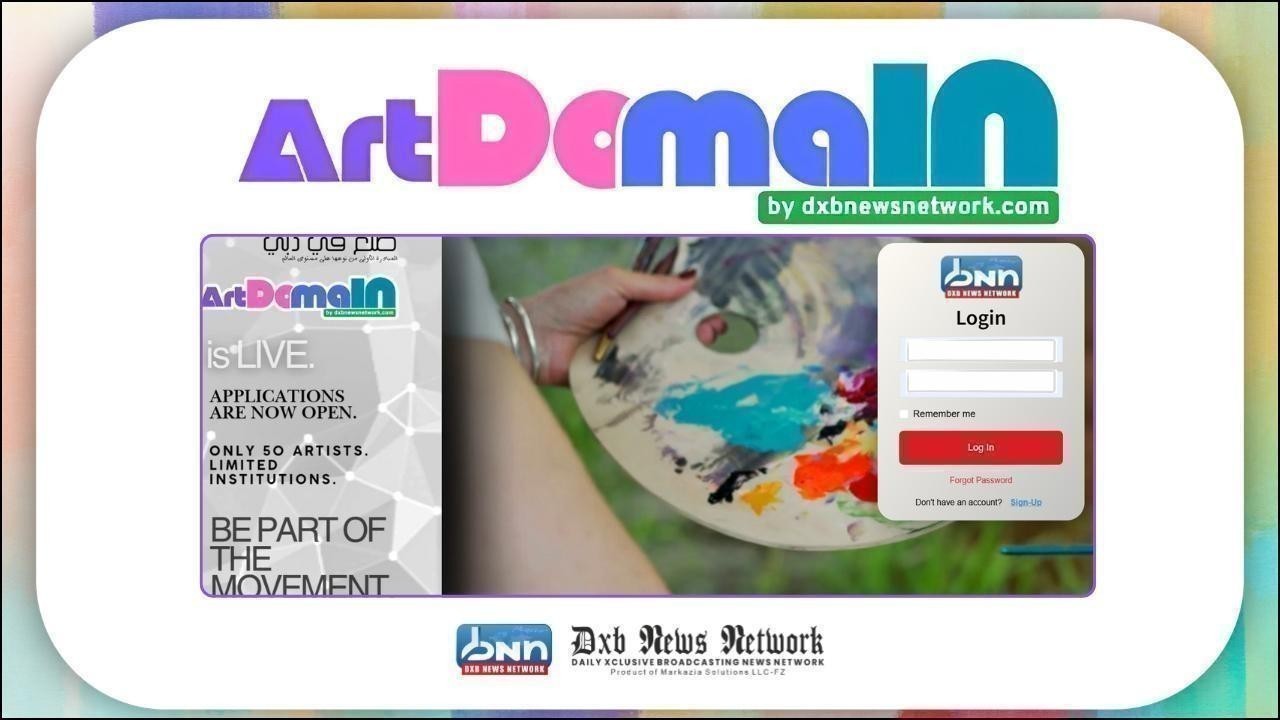
Post by: Dr. Amrinder Pal Singh
The results showed between 110,000 to 370,000 particles per liter, 90 percent of which were nanoplastics while the rest were microplastics.
A recent study published in the Proceedings of the National Academy of Sciences has brought alarming revelations about the extent of plastic contamination in bottled water. Contrary to previous estimates, the study indicates that bottled water contains up to a hundred times more tiny plastic particles than previously believed. Utilizing a recently developed technique called Stimulated Raman Scattering (SRS) microscopy, scientists found an average of 240,000 detectable fragments of plastic per liter in popular brands.
The findings have raised significant health concerns, prompting a call for further research into the potential impacts of these nanoplastics on human health. Beizhan Yan, an associate research professor of geochemistry at Columbia University and a co-author of the paper, suggests that individuals worried about nanoplastics in bottled water may want to consider alternatives such as tap water. However, he emphasizes that the study does not discourage the consumption of bottled water when necessary, as the risk of dehydration might outweigh the potential impacts of nanoplastics exposure.
The study sheds light on the global issue of microplastics, which have become ubiquitous, ranging from polar ice caps to mountain peaks, infiltrating ecosystems and making their way into drinking water and food. While microplastics typically measure under 5 millimeters, nanoplastics, defined as particles below 1 micrometer, are so minute that they can pass through the digestive system and lungs, entering the bloodstream directly. These particles can reach organs, including the brain and heart, and can even cross the placenta into the bodies of unborn babies.
Despite the growing awareness of this issue, there is limited research on the ecological and human health impacts of nanoplastics. Early lab studies, however, have linked them to toxic effects, including reproductive abnormalities and gastric issues.
The study employed the innovative Stimulated Raman Scattering (SRS) microscopy technique, recently invented by one of the paper's co-authors. This method involves probing water samples with two lasers tuned to make specific molecules resonate, revealing their composition to a computer algorithm. The researchers tested three leading bottled water brands, choosing not to disclose their names, asserting that they believe all bottled water contains nanoplastics, making it unfair to single out specific brands.
The study's results revealed a significant concentration of particles per liter, ranging from 110,000 to 370,000. Notably, 90% of these particles were nanoplastics, with the remaining 10% being microplastics. The most prevalent type identified was nylon, likely originating from plastic filters used in water purification. Polyethylene terephthalate (PET), the material used in bottle production, also featured prominently, leaching into the water when bottles were squeezed. Additional plastic types entered the water during the opening and closing of bottle caps. These findings underscore the urgent need for further research and heightened awareness regarding the pervasive issue of plastic contamination in everyday consumables.
#trending #latest #breakingnews #worldnews #headlines #topstories #globalUpdate #newsNow #dxbnewsnetwork #dxbnews #dxbdnn #dxbnewsnetworkdnn #PlasticPollution #Nanoplastics #Microplastics #EnvironmentalHealth #BottledWater #SustainableLiving #PlasticFree

Join the Furas Programme by 30 June! Emirati grads get AED 8,000 stipend, training & job placements to start careers in finance.... Read More

Kabir Khan reveals creative struggles with Salman Khan during Ek Tha Tiger, saying he lacked full control over the film. #DXBNewsNetwork... Read More











Rashid Al Obad Appointed Director General of Shams
Sheikh Sultan issues Emiri Decree appointing Rashid Al Obad as Director General of Sharjah Media Cit

Dubai’s Government Best Practices Series 2025 Highlights Innovation
The Government Best Practices Series 2025 in Dubai focused on government innovation, digital service

Dubai Hosts GenAI Masterclass for Future Family Leaders
Dubai Centre for Family Businesses held a GenAI masterclass to train 24 young leaders in using AI fo

ArtDomain by DXB News Network Opens to Strong Global Response — Applications Begin for A50 and The Art Guild.
ArtDomain by DXB News Network Opens to Strong Global Response — Applications Begin for A50 and The A

Dembele's Goal Gives PSG a 1-0 Win Over Arsenal in Semi-final
Ousmane Dembele scores early to give PSG a 1-0 win over Arsenal in their Champions League semi-final